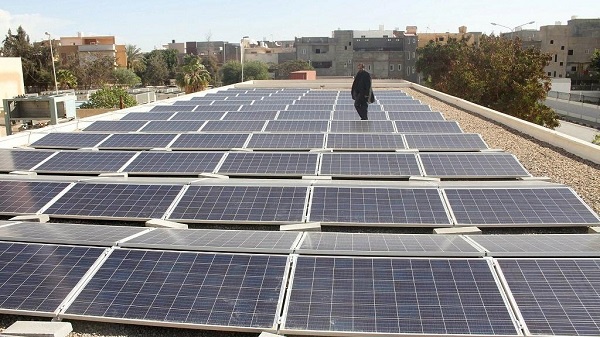A private solar energy provider, Terrasolar Ghana Limited, has began negotiations with three districts in the Eastern Region to provide them with solar power.
The districts are Akuapem North, East Akim and Suhum/Kraboa/Coaltar.
The Chief Executive of Terrasolar, Nana Yaw Boakye Asante, told the Ghana News Agency at Akropong-Akuapem that the company begun a pilot project under which it is providing power to 500 households within the Kwamoso and Timber-Nkwanta area of the Akuapem North District.
The first phase of the project covering 100 households would be completed early next year.
Nana Asante said the objective is to prove that solar power is not only for lighting homes but could also be used to promote rural industrialisation and speed up the government's rural development programme.
He said residential consumers use 54 percent of electricity in the country and the rest goes to commercial users. "Our position is that we can't move our nation forward into a second world status with that ratio by the 2010 target."
"The economy can register substantial gains if the government adopts solar energy-based rural electrification and encourages rural dwellers to use the power for small-to-medium scale enterprises."
He referred to pressure on the Public Utility Regulation Commission to raise electricity tariffs and said consumers could make savings in the long-term if solar power is adopted "more aggressively".
He said his company was encouraged to embark on the pilot projects because the government declared in its 2002 budget statement that it intends to cover 2,000 villages with solar power.
"Unfortunately, the government did not set the time or the area to be selected for implementation. However, we have identified the three districts in the Eastern Region as initial target to promote the programme."
He referred to the agreement between the Energy Ministry and the Dutch government under which 15 government buildings are to be fitted with energy saving gadgets and called for the policy to be extended to cover all government offices.
He said that since the Ministry had already taken the lead by integrating solar power alongside hydropower supply at its head office, it should be possible to ask other public offices to adopt the policy.
Click to view details



General News of Wednesday, 16 October 2002
Source: GNA
Solar Power for Three Communities

















